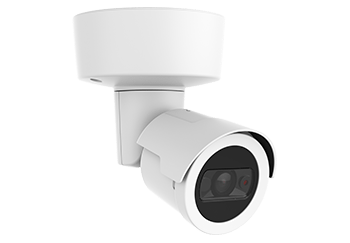All You Need to know About Renting A CCTV
If you are trying to decide whether to buy or rent CCTV equipment, there are a few things you need to consider. For example, how long do you need the equipment for? If you only need it for a short-term project, then renting might be the best option. However, if you need the equipment for an extended period of time, then buying might be a better investment.
Another thing to consider is whether you need the latest and greatest technology. If you are just looking for basic surveillance, then buying older, more affordable equipment might be the way to go. However, if you need cutting-edge features, then renting newer equipment might be your best bet.
Ultimately, the decision of whether to buy or rent CCTV equipment depends on your specific needs and budget. Be sure to do your research and weigh all your options before making a decision.
Benefits of Renting CCTV
If you are considering whether or not to choose CCTV on rent, there are a few key benefits that you should be aware of. Firstly, renting CCTV can be a cost-effective way to improve your security without having to make a large upfront investment. Secondly, it can give you added peace of mind by deterring potential criminals and helping you to monitor activities on your premises. Finally, it can provide valuable evidence in the event of a crime taking place.
There are a number of different companies that offer CCTV rental services, so it is important to shop around and find the best deal. Make sure to read the small print carefully so that you are aware of any cancellation fees or other charges that may apply. Once you have found a reputable company, they will be able to advise you on the best type of system to suit your needs.
When it comes to renting CCTV equipment, there are a few things you need to keep in mind in order to get the most out of your investment. Here are a few tips to help you rent CCTV equipment that will meet your needs and budget:
1. Know what you need. Before you start shopping around for CCTV equipment, take the time to assess your needs. What type of surveillance do you need? What areas do you need to cover? How many cameras do you need? Answering these questions will help you narrow down your options and make it easier to find the right equipment.
2. Compare prices. Once you know what you need, start comparing prices from different rental companies. Make sure to compare not only the cost of the equipment but also the terms of the rental agreement. Some companies may charge higher rates but offer more flexible terms, so be sure to consider all of your options before making a decision.
3. Read reviews. Before renting from any company, be sure to read online reviews from other customers. This will give you an idea of the quality of the equipment and the level of customer service you can expect.
